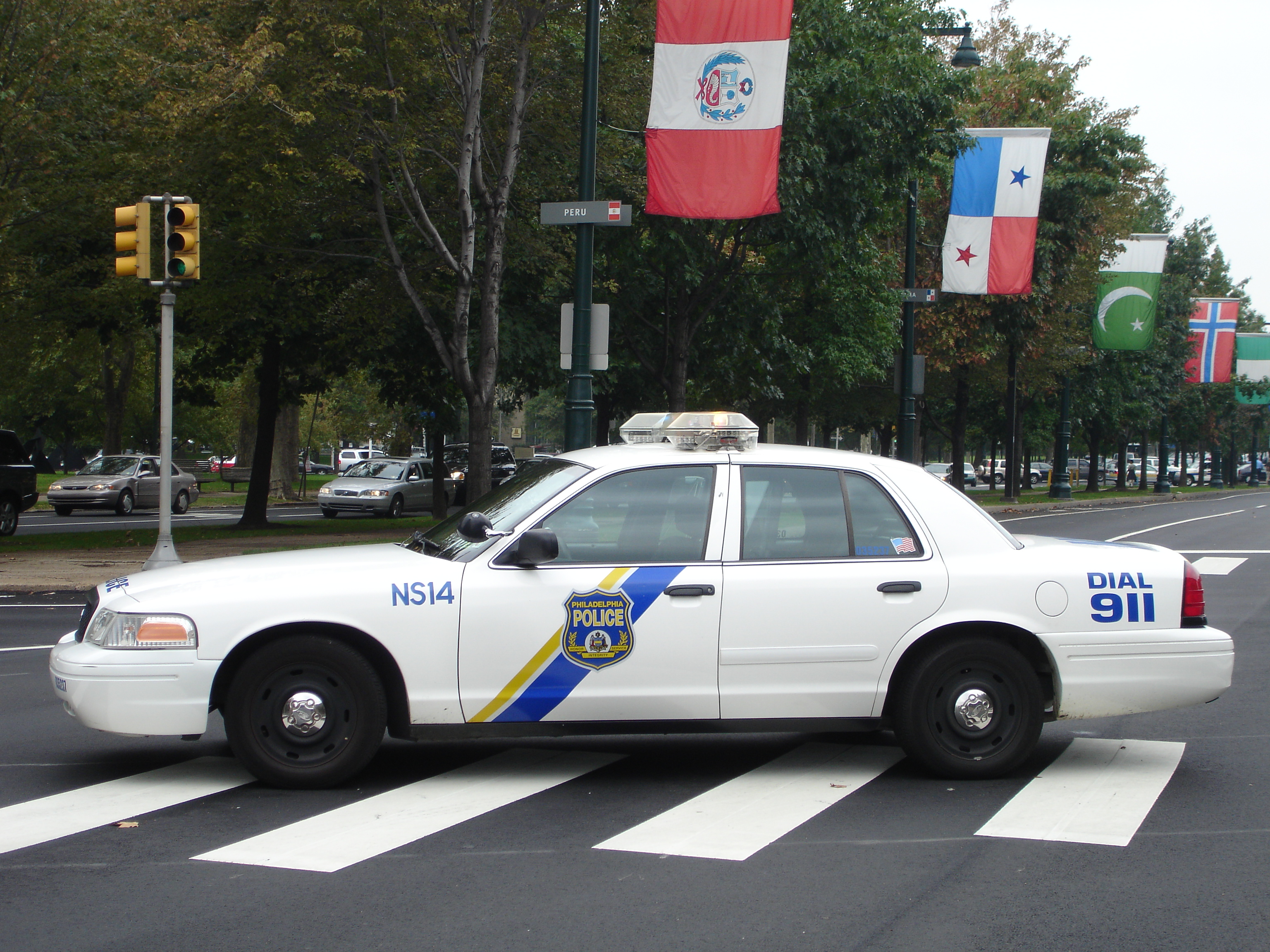As of September 4, Ballotpedia is tracking 21 local police-related ballot measures in 16 jurisdictions in nine states. These local ballot measures were proposed in the wake of George Floyd’s death on May 25, 2020.
Of the 21 ballot measures, seven of them are on the ballot in California and four of them are on the ballot in Pennsylvania. The most common policy addressed by the ballot measures was police oversight boards and offices and the duties and powers of these boards and offices. Ten of the ballot measures addressed police oversight. Other topics include police and criminal justice funding, staffing levels, law enforcement training, and the public disclosure of police camera footage involving deaths and serious injuries.
The following is a list of local police-related measures on the ballot for November 3, 2020:
- Los Angeles County, California: Voters will decide a ballot measure to require that no less than 10% of the county’s General Fund be appropriated to youth, job, business, and housing programs and alternatives to incarceration.
- Oakland, California: The Oakland City Council referred to the ballot a charter amendment that would create an Office of the Inspector General to review the police commission’s policies, as well as change the powers, duties, and staffing of the commission and police review board.
- San Diego, California: The San Diego City Council referred a ballot measure to create a Commission on Police Practices, which would conduct investigations and subpoena witnesses and documents related to deaths resulting from police interactions and complaints made against police officers.
- San Francisco, California: Voters will decide two ballot measures related to policing. One would remove the minimum police staffing level required (1,971 full-time police officers) from the city’s charter. The other measure would create the Sheriff’s Department Oversight Board and the Sheriff’s Department Office of Inspector General.
- San Jose, California: The San Jose City Council referred a charter amendment to the ballot that would authorize an independent police auditor to review reports and records related to officer-involved shootings and uses of force.
- Sonoma County, California: Voters will decide Measure P, which would make changes to the county’s Independent Office of Law Enforcement Review and Outreach.
- Monument, Colorado: Voters will decide whether to increase the local sales tax from 3% to 3.5% to fund the Monument Police Department.
- Glynn County, Georgia: The Georgia State Legislature referred a ballot measure to the county ballot to abolish the county police and transfer the remaining resources and funds to the sheriff’s department. The Glynn County Board of Commissioners filed a lawsuit against the Georgia Secretary of State and the State Board of Elections on August 28. The Board of Commissioners said the measure would transfer county assets through "an unlawful referendum and election process in violation of the Georgia Constitution and state election law."
- DuPage County, Illinois: There are two non-binding advisory votes on the ballot. One advises the county on considering law enforcement and public safety as its top budgeting priority, and the other advises the county on funding and supporting law enforcement training methods that are designed to decrease the risk of injury to officers and suspects.
- Akron, Ohio: Voters will decide a ballot measure to require police body and dashboard camera recording that document police use of force resulting in a death or serious injury to be released to the public.
- Columbus, Ohio: The Columbus City Council referred a charter amendment to the ballot that would create a Civilian Police Review Board to investigate alleged police misconduct, subpoena testimony and evidence during an investigations, and make recommendations to the Division of Police.
- Portland, Oregon: Voters will decide a ballot measure to establish a new police oversight board, give the board subpoena powers, and allow the board to impose disciplinary actions, including termination, on law enforcement professionals.
- Philadelphia, Pennsylvania: Voters in Philadelphia will decide two police-related ballot measures and one other criminal justice proposal. One measure would add language to the city charter calling on the police department to “eliminate the practice of unconstitutional stop and frisk, consistent with judicial precedent.” The other police-related measure would create a Citizens Police Oversight Commission. Another measure would create an Office of the Victim Advocate to act as an advocate for crime victims and co-victims.
- Pittsburgh, Pennsylvania: The Pittsburgh City Council referred a charter amendment to the ballot that would authorize the Independent Citizen Police Review Board to audit the police bureau and require police officers to cooperate with the board’s investigations.
- Kyle, Texas: Voters in Kyle will decide on a charter amendment that authorizes the city council to adopt procedures and establishes a committee to review the city’s police department.
- King County, Washington: Two police-related measures will be on the ballot. One would make the county sheriff an appointed, rather than elected, position. The second measure would give the county council the authority to define the sheriff’s duties.
Additional reading:



